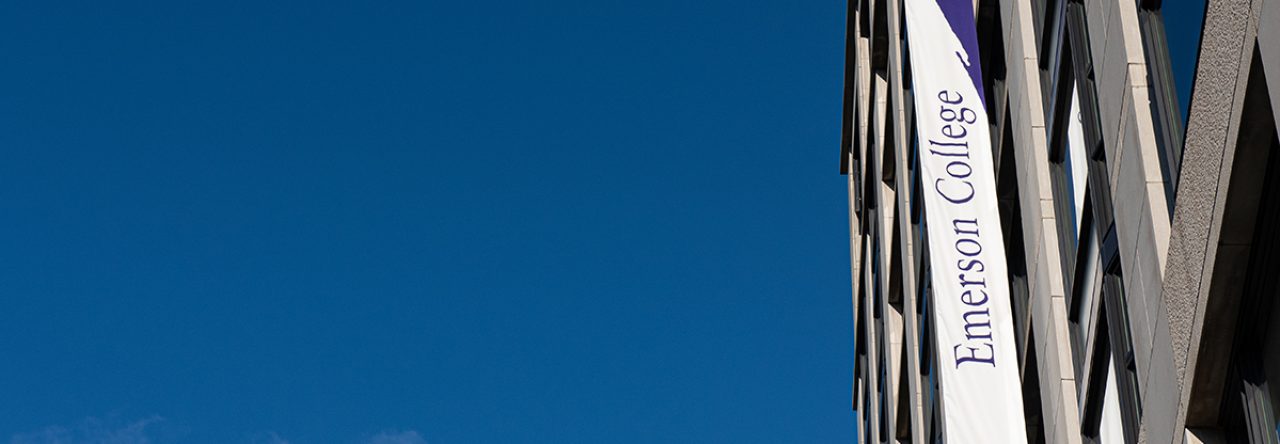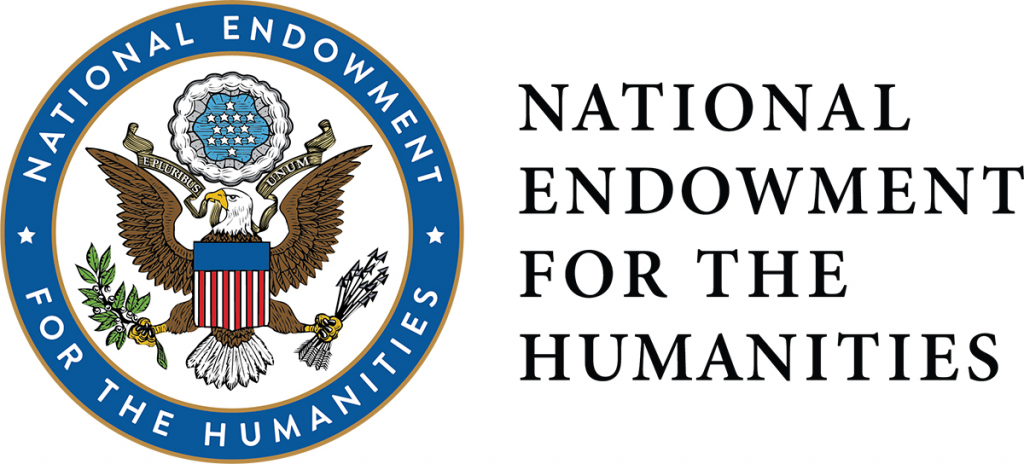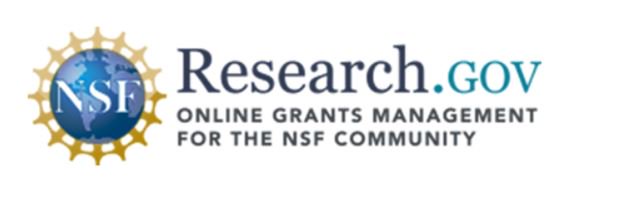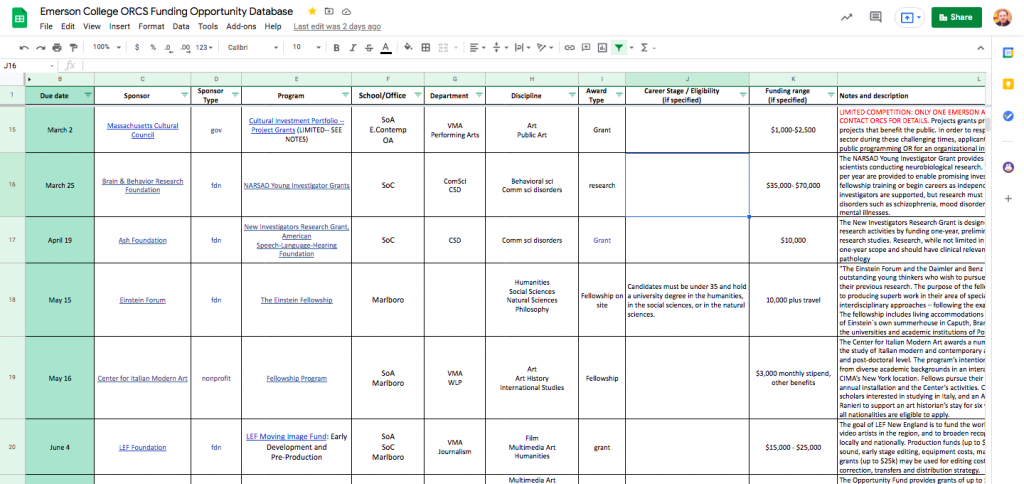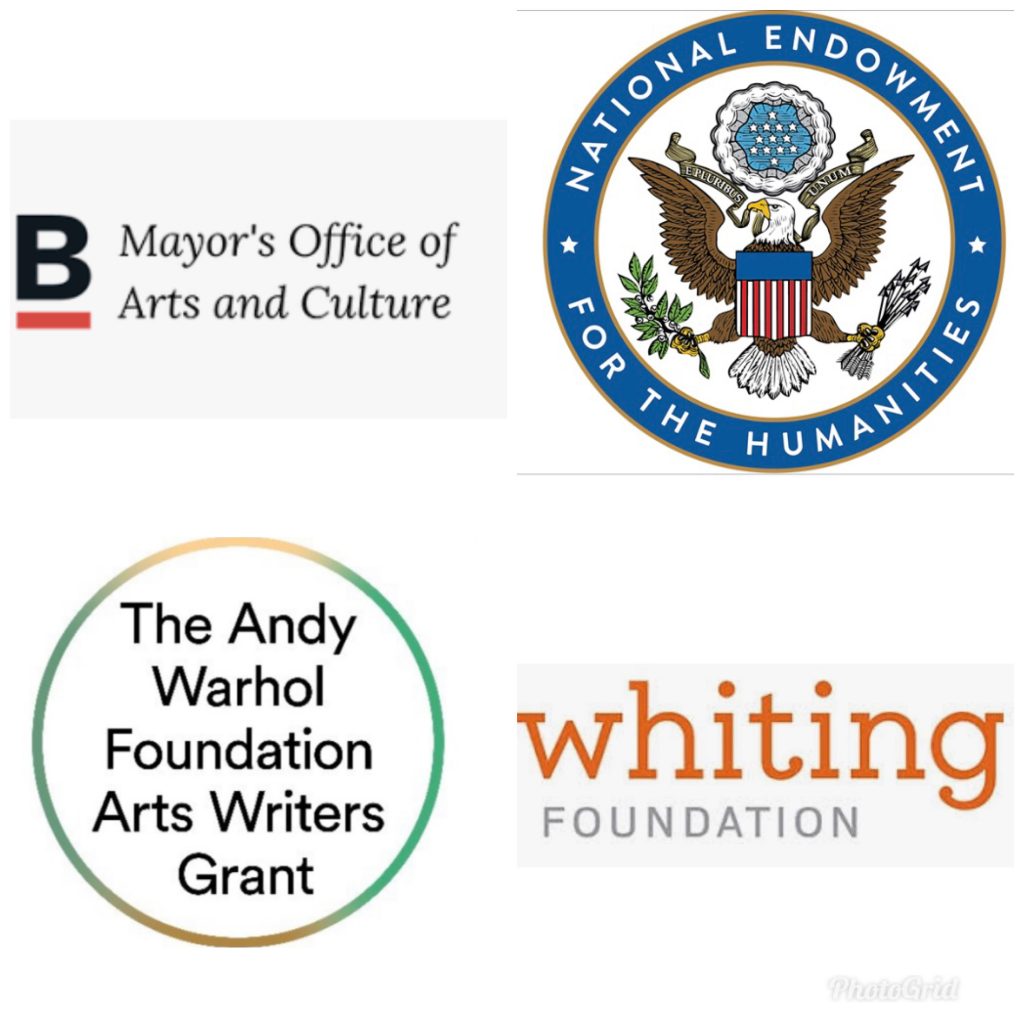The Office of Research & Creative Scholarship would like to share several popular funding sources accepting applications this spring. If you are interested in any of these opportunities, please reach out to the ORCS office.
Graham Foundation for Advanced Studies in the Fine Arts
Applications due February 25, 2024
The Graham Foundation for Advanced Studies in the Fine Arts fosters the development and exchange of diverse and challenging ideas about architecture and its role in the arts, culture, and society. The Graham realizes this vision through making project-based grants to individuals and organizations and producing exhibitions, events, and publications.
NEA Creative Writing Fellowships
Applications due March 13, 2024
The National Endowment for the Arts Literature Fellowships program offers $25,000 grants in prose (fiction and creative nonfiction) and poetry to published creative writers that enable recipients to set aside time for writing, research, travel, and general career advancement. Applications are reviewed for artistic excellence and artistic merit of the submitted manuscript. In 2024, the program is accepting applications for fellowships in poetry. Fellowships in prose will be accepted in March, 2025.
Robert Novak Journalism Fellowship Program
Applications due early April, 2024
The Robert Novak Journalism Fellowship Program is nurturing a new generation of serious and enterprising journalists. This year-long program allows writers early in their careers to pursue projects they otherwise would be unable to research and report. Applicants should have less than 10 years’ experience as professional journalists and must be U.S. citizens. There are three tiers to the program: Fellowships provide up to $35,000 in grant money and expense assistance. Full Fellowships, which require that recipients devote their full-time efforts to their project, provide up to $75,000. Alumni Fund Fellowships provide support for recipients to write one in-depth, major essay on their topic.
Creative Capital
Applications due April 4, 2024
The Creative Capital Foundation welcomes innovative and original new project proposals in visual arts, performing arts, film/moving image, technology, literature, multidisciplinary, and socially engaged forms for its 2024 grant cycle. Creative Capital is one of the only non-profit organizations to offer awards to individual artists through an open application process; therefore, it is very competitive, with less than 1% of applicants receiving awards. Creative Capital provides each funded project with up to $50,000 in direct funding, and career development services valued at $45,000. In recent years, more than 75% of awardees have been artists of color—including Black, Latinx, Asian, and Indigenous artists—of all ages, abilities, and regions across the United States.
National Endowment for the Humanities Research Fellowships
Applications due April 10, 2024
NEH Fellowships support individuals pursuing advanced research that is of value to humanities scholars, general audiences, or both. Recipients usually produce articles, monographs, books, digital materials, archaeological site reports, translations, editions, or other scholarly resources in the humanities. Award amount ranges from $30,000 to $60,000 for a 6-12 month project period. Faculty may not teach during the grant period.
Boston Athenaeum Fellowship
Applications due April 15, 2024
The Boston Athenaeum (next to campus at 10-1/2 Beacon St) offers short-term fellowships to support the use of Athenaeum collections for research, publication, curriculum and program development, or other creative projects. Each fellowship pays a stipend for a four-week residency and includes a year’s membership to the Boston Athenaeum. Scholars, graduate students, independent scholars, teaching faculty, and professionals in the humanities as well as teachers and librarians in secondary public, private, and parochial schools are eligible to apply.
NEH Humanities Initiative at Colleges and Universities
Applications due May 7, 2024
The NEH Humanities Initiative at Colleges & Universities strengthens the teaching and study of the humanities at institutions of higher education by developing new humanities programs, resources (including those in digital format), or courses, or by enhancing existing ones. Projects must be organized around a core topic or set of themes drawn from such areas of study in the humanities as history, philosophy, religion, literature, and composition and writing skills. The project period can be between 1-3 years and the total award is up to $150,000.
Andy Warhol Foundation Arts Writers Grant Program
Applications due May 15, 2024
The Arts Writers grant supports writers who are writing about contemporary visual art. Ranging from $15,000 to $50,000 in three categories—articles, books, and short-form writing—these grants support projects addressing both general and specialized art audiences, from short reviews for magazines and newspapers to in-depth scholarly studies. The foundation also supports art writing that engages criticism through interdisciplinary methods or experiments with literary styles. As long as a writer meets the eligibility and publishing requirements, they can apply.
Institute for Humane Studies Grants for Course Buyouts
Rolling Deadline; due at least 6 months before the start of the requested semester.
The Institute for Humane Studies at George Mason University provides funding to full-time faculty members from various disciplines at research and teaching institutions for course buyouts and salary support in order to work on their research projects and prepare them for publication.
Gladys Krieble Delmas Foundation
Rolling Deadline
The Delmas foundation intends to further the humanities along a broad front, supporting projects which address the concerns of the historical studia humanitatis: a humanistic education rooted in the great traditions of the past; the formation of human beings according to cultural, moral, and aesthetic ideals derived from that past; and the ongoing debate over how these ideals may best be conceived and realized. Programs in the following areas are eligible: history; archaeology; literature; languages, both classical and modern; philosophy; ethics; comparative religion; the history, criticism, and theory of the arts; and those aspects of the social sciences which share the content and methods of humanistic disciplines. The Foundation welcomes projects that cross the boundaries between humanistic disciplines and explore the connection between the humanities and other areas of scholarship.
